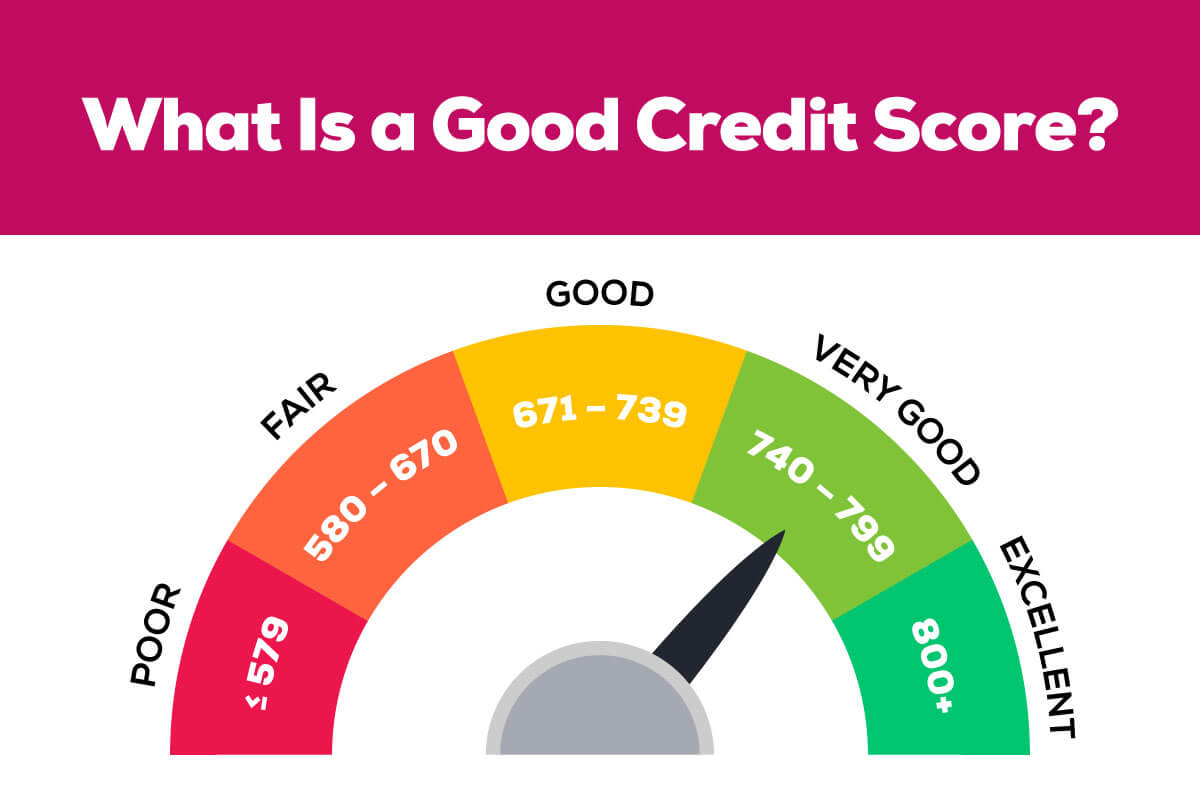Dreaming of that new car smell but not sure if you’re in a good place financially to get an auto loan?
There are a lot of things to consider before applying for an auto loan — a big one being your credit score. After all, this score can have a big impact on whether or not you’ll be able to secure a loan (and what rate you’ll get).
So, let’s break down the benefits of an auto loan, how to interpret your credit score, and steps to take if you’re having a hard time securing financing.
Pros of Getting an Auto Loan
In a dream world, you’d be able to show up to the dealership, write a check, and drive away with a car. But about 84% of new cars and 35% of used vehicles on the roads in America are financed.
Financing a car isn’t a bad thing. In fact, it can have some great benefits.
Get the Car That Best Fits Your Needs
First things first, an auto loan will help you drive home in the vehicle that best fits your next phase of life. Whether you’re eyeing up an SUV that can take you on a National Park road trip, a van to transport your kid’s soccer team, or a reliable sedan that will get you to the grocery store and back, loans help make sure you get the right vehicle for your lifestyle.

Build Your Credit
When you have a loan — and make timely payments on it — it can boost your credit score. In fact, you might start to see improvement in your score in as little as 2–4 months if you keep up with your monthly payments.
Add Variety to Your Financial Portfolio
Different types of credits give lenders the chance to see if you can handle paying back borrowed money on time. For example, if you’re paying back on a student loan, an auto loan, a mortgage, and a credit card statement, it shows that you can handle multiple investments and responsibly pay them back per the lender’s requirements. As a result, your score will increase as you continue to make on-time payments.
Get Lower Rates Than a Personal Loan
Unlike unsecured personal loans, auto loans are secured by the vehicle itself, meaning that the lender has the right to repossess the car if the borrower defaults on the loan.
Because the lender has this added security, they are able to offer lower interest rates compared to unsecured personal loans, which are not backed by any collateral.
What to Know Before Financing a Car
Of course, there are some drawbacks you’ll want to consider before signing on the dotted line for your loan.
It’ll Drop Your Credit Score a Few Points
 Any time you apply for a loan, the lender will make a hard inquiry on your behalf. These inquiries usually knock your credit score down a few points. This isn’t anything to worry about if you don’t apply for loans or lines of credit often — but too many inquiries can knock your credit score down quickly.
Any time you apply for a loan, the lender will make a hard inquiry on your behalf. These inquiries usually knock your credit score down a few points. This isn’t anything to worry about if you don’t apply for loans or lines of credit often — but too many inquiries can knock your credit score down quickly.
So, can you still shop around for the best rate without hurting your credit score?
Absolutely! It’s normal to explore multiple financial institutions to find the best rate. Credit bureaus give you a 30-day grace period, reducing the negative impact to your score when you apply for new credit. (Note: This only applies to auto loans you apply for during that time period.)
You’ll Want to Make Payments on Time
Falling behind on loan payments is one of the quickest ways to hurt your credit score. So, if you’re worried that your income source might not be reliable in the near future, it might be better to wait to secure a loan than to risk not being able to keep up with the monthly payments.
Vehicle Values Depreciate Over Time
Unlike a home, a car’s value starts to depreciate the day you buy it. So, it’s important to remember that the money you put toward a loan won’t necessarily find its way back into your wallet.
What Is a Good Credit Score?
You might be wondering, what is credit? And how does your score get decided? Simply put, your credit score is what lenders look at to predict whether or not you will pay your loan back on time. The higher the score, the better.
Generally speaking, credit score ratings break down into several buckets.

What Happens if You Don't Have a Good Credit Score?
So, can you still get an auto loan if you don’t have a good credit score?
The short answer is, yes! There are just a few things you’ll want to consider before applying.
To improve your chances of securing an auto loan, it can help to:
- Double-check your score for errors — Sometimes credit scores get dinged because of incorrect information. If you notice something on your credit report that doesn’t look right, you can dispute the error and improve your score.
- Save for a down payment — By putting some money down on a new or used car, you lower the risk of your lender, making it more appealing to help you finance the purchase. This can also have other benefits, such as lower interest rates and less interest paid throughout the lifetime of the loan.
- Hold off on applying for a loan — If you can wait to buy a new car, consider holding off and working on building your credit in the meantime. This might look like focusing on paying your credit card off on time, or securing a new type of credit to diversify your investment portfolio.
- Have a co-signer — By applying for a car loan with a trusted family member or friend, your chances of getting approved for an auto loan increase. That’s because a co-signer gives the lender another person who will be responsible for paying your loan if you didn’t end up paying.

A Low Credit Score Might Mean a Higher Interest Rate
Because lenders take on additional risk when lending to someone with a low credit score, they often will offer a loan with a high interest rate. If you have a fair or poor credit score, you can expect a higher rate than the introductory rate often promoted.
Let’s Hit the Road
Not sure if you’re eligible for an auto loan? Or wondering what rate you’ll qualify for if you apply? We’re here to answer all of your questions.
At CCCU, we are committed to people (versus profit). We can work with you to find the financing option and rate that best fits where you’re at in life.





